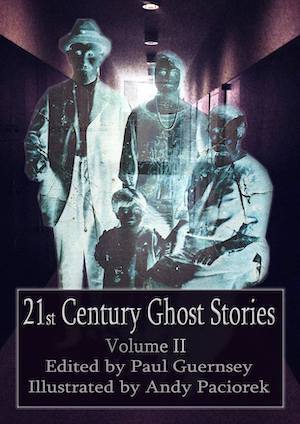Did Ghosts Form The Basis Of All Human Thought?
In several of his books, the so-called father of modern psychology, Sigmund Freud, speculated about the role that ghosts played in the human psyche, as well as in our development as a species. And while we now know that much of what Freud said about human sexuality was probably wrong, many of the things he wrote about the ghostly still seem accurate.
In The Uncanny, for instance, he remarked on the powerful grip in which the ghostly continues to hold us in spite of all our technological advancements: “To many people, the acme of the uncanny is represented by anything having to do with death, bodies, spirits, revenants, and ghosts. . . . in hardly any other sphere has our thinking and feeling changed so little since primitive times or the old been so well preserved, under a thin veneer, as in our relation to death.”
And in On Murder, Mourning and Melancholia, he wrote that it was our imaginative speculations about the afterlife that started us on the road to all thought that was not directly related to our daily physical needs—to intellectual quests and conversations concerning the nature of the world in which we found ourselves: “Philosophers have claimed that it was the intellectual mystery presented to primeval man by the image of death that forced him to reflect, and that became the source of all speculation. . . . It was by the corpse of the beloved that he invented spirits, and it was his sense of guilt over the satisfaction that was mixed with his grief that meant that the first spirits he created were fearful, evil demons. The physical changes of death suggested to him the division of the individual into a body and a soul—originally several souls; in this way his train of thought ran parallel with the process of decomposition brought about by death. The constant memory of the dead person became the foundation of the hypothesis of other forms of life, and first gave him the idea of continuing after apparent death.”


